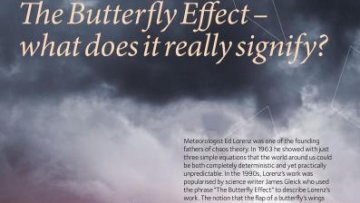12:45
Effects of higher curvature terms on dual thermal QFTs out of equilibrium
Abstract
Transport properties of liquids and gases in the regime of weak coupling (or effective weak coupling) are determined by the solutions of relevant kinetic equations for particles or quasiparticles, with transport coefficients being proportional to the minimal eigenvalue of the linearized kinetic operator. At strong coupling, the same physical quantities can sometimes be determined from dual gravity, where quasinormal spectra enter as the eigenvalues of the linearized Einstein's equations. We discuss the problem of interpolating between the two regimes using results from higher derivative gravity.



